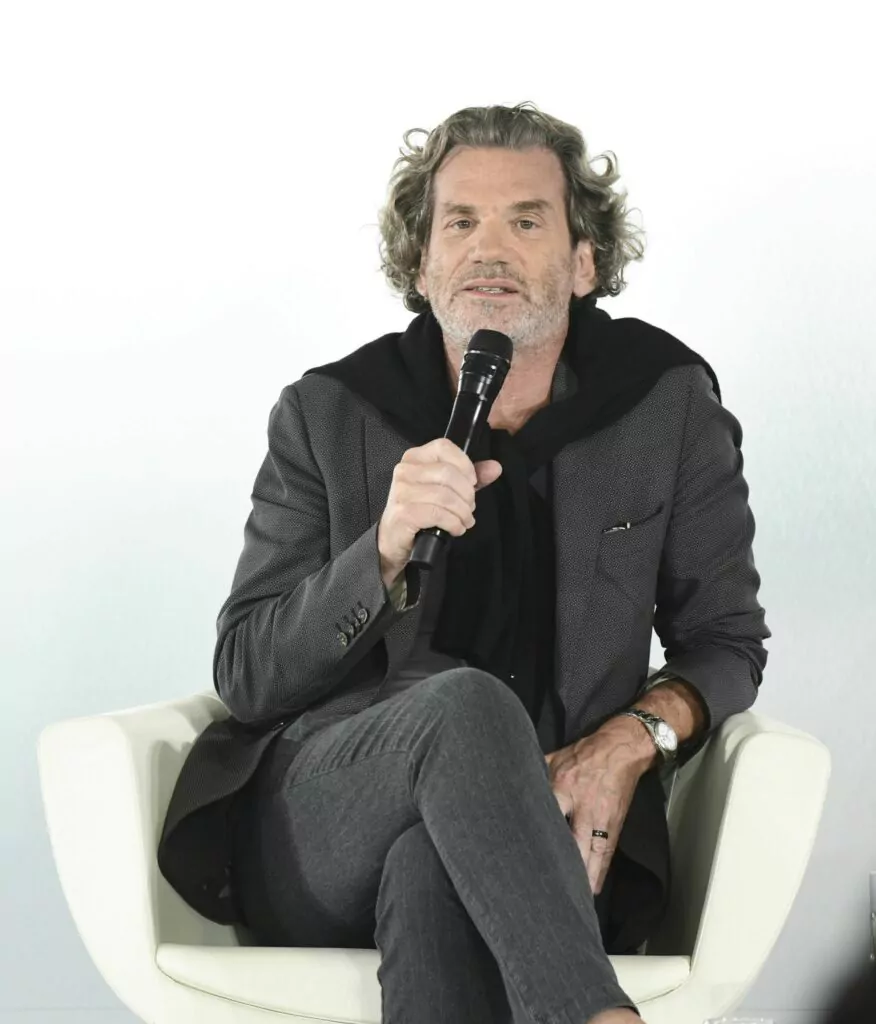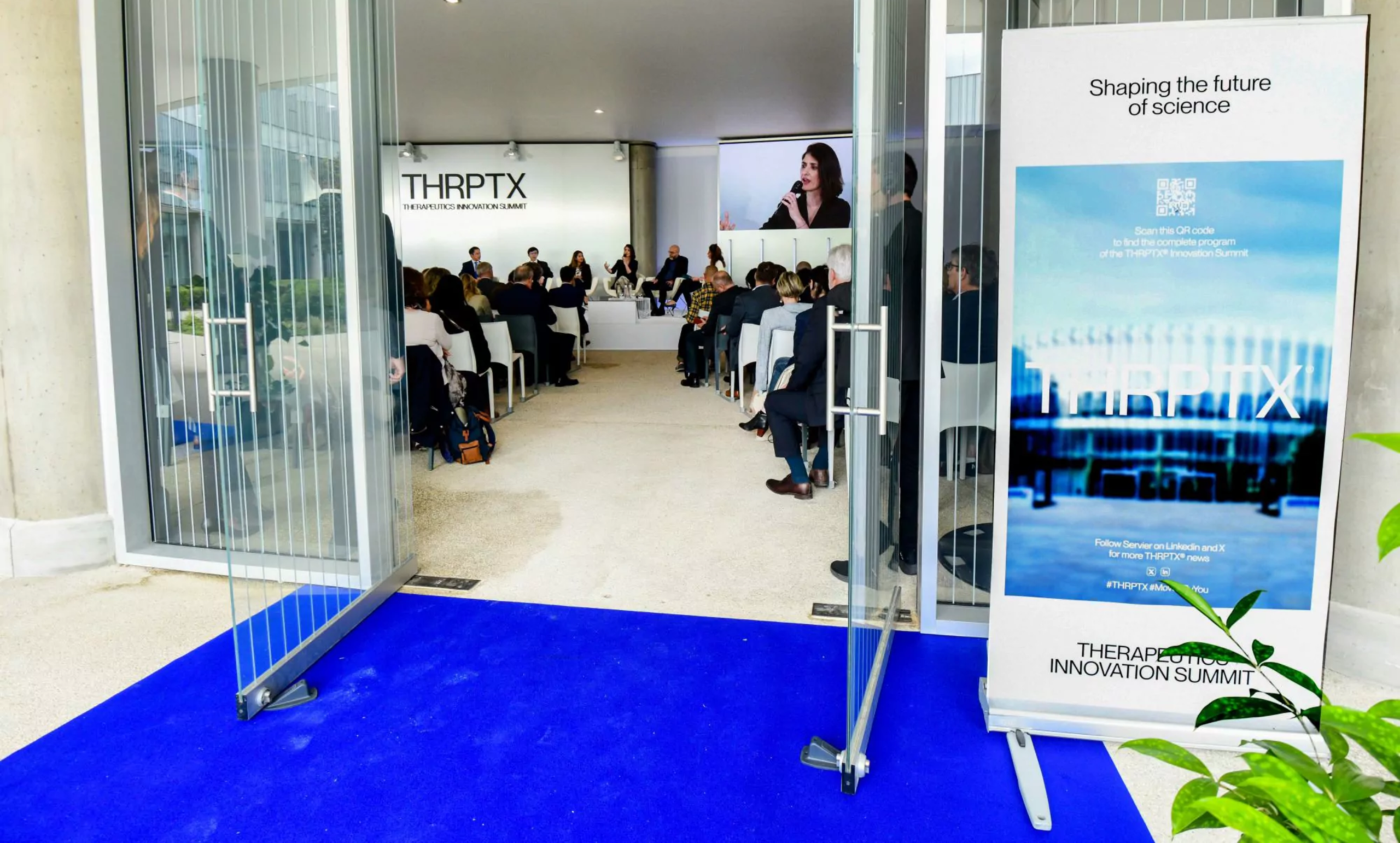
Dr. David Edwards: Scientist, Inventor, and Writer.
Dr. Edwards is a Professor of Bioengineering at Harvard University’s School of Engineering & Applied Sciences. His research led to the startup of Advanced Inhalation Research, leading to the FDA approval of Inbrija, inhaled L-Dopa for the treatment of Parkinson’s. His pioneering work on airway hydration led to FEND, named one of Time Magazine’s Best Inventions of 2020. Dr. Edwards has been awarded a number of international honors and awards. He is a member of the National Academy of Engineering in the USA and France, a member of the National Institute of Inventors, and a recipient of the Chevalier des Arts et des Lettres from the French Ministry of Culture. He is also the author of books ranging from applied mathematics to fiction and non-fiction, and creator of “Le Laboratoire” in Paris and Cambridge, a lab space for scientists and artists.
Insights: Hello David. You recently took part in the Round Table — “How do innovations in healthcare advance our societies?” — at THRPTX, the first international scientific symposium hosted by Servier. To get started, could you please tell our readers a little more about this topic and what it means to you?
David Edwards: Challenges and opportunities to human healthcare are coming to people very quickly today. Responding to these challenges and opportunities therefore raises the question of how-to bring healthcare innovation to patients more quickly than ever before.
Artificial intelligence (AI) has obviously emerged with incredibly speed as a major opportunity for healthcare innovation — while to some degree a challenge as well. The speed with which AI has come to the fore is dizzying — and the general public expects the healthcare industry to make sense of it, just as quickly.
COVID-19 emerged as a serious threat to human health and global economies with unusually rapid speed. My research, which relates to respiratory health and novel respiratory healthcare technology, placed me amid a pandemic challenge. It also placed aerosol scientists like me, with infectious disease specialists, regulators, public health authorities — at a frontier of science where we were all learning, discovering, and getting familiar with domains of scientific understanding that till then had largely existed in academic silos.
The public expected healthcare scientists and the healthcare industry to innovate and solve pandemic challenges — and while success came, it frequently came with public confusion. We must get better at managing fast-paced changes in healthcare innovation.
As the atmosphere warms up, dehydration of the earth’s ecosystems is advancing, and with these ecosystems are human airways. Respiratory health, further challenged by the burning of biomass fuels is very unevenly distributed among the human population.
Those at most risk of airway dehydration, and respiratory diseases ranging from asthma to influenza are often those least able to access the best quality healthcare. I raise this mostly to illustrate that as we advance healthcare solutions in this fast-paced era of challenge and opportunity — we must be sensitive to the need to get solutions not only to those who can afford it but to those who cannot.
Insights: Going a step further, what role can society play in the emergence of therapeutic innovations?
D.E.: For human society to have an impact on healthcare innovation, it must have a voice in healthcare innovation. Frankly, healthcare innovation will not achieve its optimal goals, of getting healthcare to as many as possible as quickly as possible, without human society taking part in the scientific conversation. Innovation in healthcare tends to be highly guided by human clinical trials and regulatory process — rightfully.
However, this process rarely gives patients — healthcare consumers — the voice that the same innovation process does, for instance, in the food sector. It may be that the recent pandemic, during which the public frequently did have a voice (and I would argue that this voice was amplified by the healthcare sector.
Insights: In your opinion, how can we reduce the barriers between the healthcare industry and the general public?
D.E.: I believe we should find creative ways to invite the public into the scientific process, help the public understand where healthcare innovations come from, and appreciate the excitement of discovery. If the public remains on the other side of the wall that separates research from marketed product, it will never understand where innovations come from.
Given the pace of change today, even more problematic will be the inability of the public to engage with products that are moving very quickly from research to commercialization — as the language of these products will reflect a culture (the culture of innovation and discovery) that the public will be unprepared to understand. I would urge the healthcare sector and scientists to communicate more transparently. By being more inclusive, we can give patients, caregivers, a chance to receive innovations into their lives more readily, and those of the public interested in research may actually have the opportunity to make their own contributions to healthcare science.
Insights: In the years to come, what innovations do you think could revolutionize patients’ lives from a medical point of view? And how can we get ready for them?
D.E.: Gene therapy, artificial intelligence, and other breakthroughs in science and technology will alter healthcare in the next ten years. However, most impactful of all, may be relatively simple science innovations that improve human health for the greatest number of people.
Our understanding of biology and healthcare processes and materials is now such that we have the chance to redesign nature with nature’s own building blocks. This is happening today — in my work as we come to understand how our airways adapt to changing atmospheric conditions — and elsewhere as in the rich opportunities afforded by emerging understanding of the microbiome.

“THRPTX“, the Therapeutics Innovation Summit, is the first symposium hosted by the Servier Group at Paris-Saclay. The event brought together over 200 experts, decision-makers, physicians, researchers, and astute observers to explore major therapeutic advances in oncology, as well as to envision the potential implications for the healthcare ecosystem.
